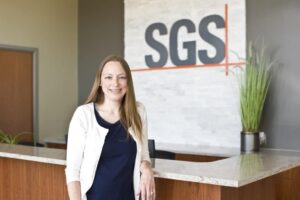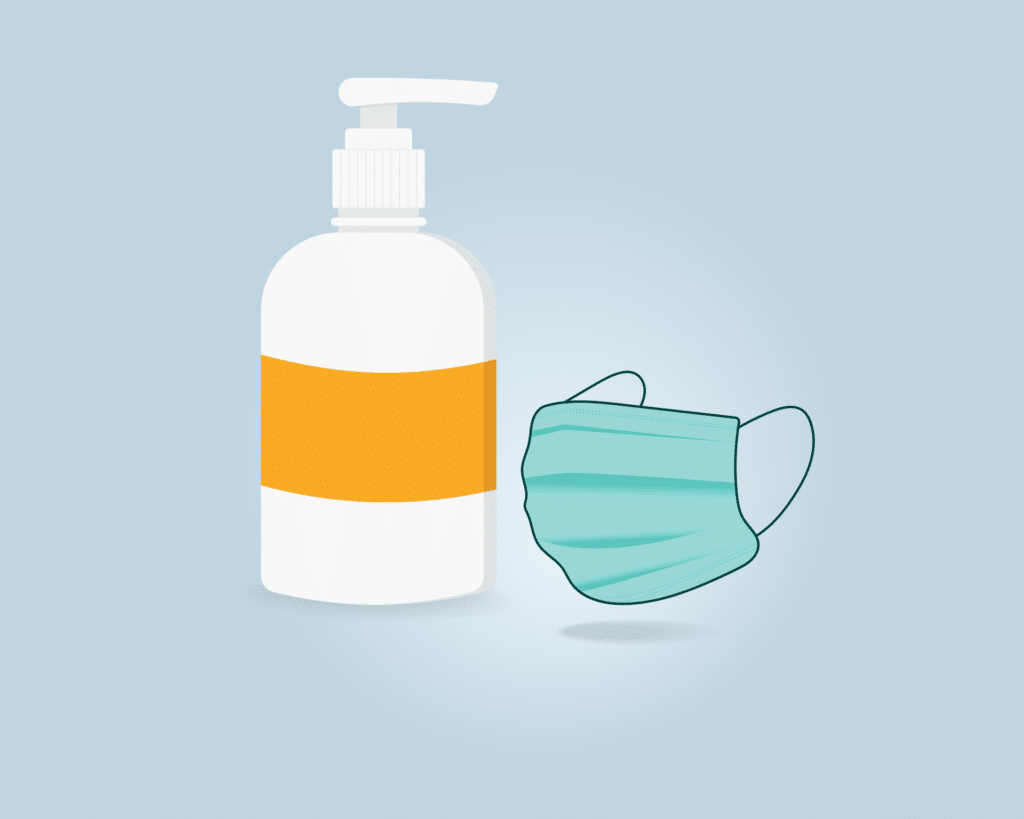2021 was the second year of the pandemic, and seed industry stakeholders found creative and effective ways to battle through.
Jennifer Scott remembers vividly the day the World Health Organization declared COVID-19 a global pandemic. She was on her way home from Winnipeg on a plane, having just finished a seed grader course. She teaches between four and six of those courses across Canada every year.
“Audits and inspections have always been done in person. When the pandemic hit, it totally changed how audits and inspections were done and in April of 2020 we had to make those changes very quickly,” she says.
Scott has worked in the Canadian seed industry since 1997. As manager of client programs with Seeds Canada based in London, Ont., she’s responsible for three major initiatives: the oversight of the seed program that Seeds Canada delivers on behalf of the Canadian Food Inspection Agency (CFIA); the identity preservation and food safety programs it delivers on behalf of the Canadian Grain Commission; and the organic certification program delivered on behalf of CFIA.
Scott designs the tools that auditors and inspectors use in terms of forms and policy, and she also has overall responsibility for the training of all Seeds Canada auditors and inspectors across the country.
She says doing her job when the pandemic hit was a whole new ball game. Workplace safety both for Seeds Canada auditors and their clients became more crucial than ever, and Scott found herself navigating a complex array of public health requirements depending on where she found herself.
For Scott, doing audits and inspections in the age of COVID means being flexible.
“We conduct business across Canada, and that means that you’re dealing with provincial health regulations in a lot of different jurisdictions. In Ontario, we’re split into public health units. Each public health unit can operate as its own entity and have its own requirements. Our instructions to our auditors and inspectors from the beginning was to be mindful of what’s required of you by law where you’re working.”
For an auditor to go on-site, both they and the client had to feel safe.
“Some companies have a policy of not allowing anyone who’s not an employee on the premises, and that has to be respected. Some people have health concerns, which can be a factor. Our organic farm inspections are mainly done outside, which made it a lot easier, of course.”
The good news was that modern technology allowed Seeds Canada to do its audits and inspections remotely.
“I wasn’t sure how this would all work out in the beginning, but we are able to carry out very effective remote audits and inspections. I myself have done three or four lab audits remotely, making use of the technological tools that we have to facilitate that. Depending on how things progress with future waves of the coronavirus, the remote option is going to remain viable for the foreseeable future.”

Amanda Ver Helst experienced the same need for flexibility. The director of operations for SGS based in Brookings, South Dakota oversees the world’s largest independent seed testing laboratory looking at seed germination, measurements, vigour, purity, specific traits, and many other metrics used to measure seed quality. SGS also has an analytical chemistry laboratory where staff analyze components of grain feed and other commodities.
The high-throughput laboratory in Brookings comprises about 68,000 square feet and employs about over 100 full-time people.
“When COVID first began there were a lot of concerns. Obviously, we couldn’t just switch all our staff to remote work. People can’t just build a lab in their home. So, we had to address that situation right away,” Ver Helst says.
Counter-Season Challenges
Every year, seed companies from Canada, the U.S. and Europe run counter-season trials and production in Chile. As we all know, 2021 wasn’t like other years. Despite the challenges of COVID-19, business activities proceeded as closely to normal as possible.
It was back in 2008 that Nisku, Alta.-based 20/20 Seed Labs first established a lab in Chile. President Sarah Foster moved it to various locations but has now settled into a permanent location at Curimapu Export in Chillan. Here, Foster and several staff members conduct tests each year for purity, germination, moisture, green seed and 1,000-kernel weight, but for other tests, seed must be shipped to Nisku.
Expedited shipments (and the faster results they provide) are important to 20/20 clients, and Foster has used an “excellent” Chilean shipping company for years. 20/20 will rely on it again in 2022, when employees will go back to Chile.
“We look forward to returning to Chile to see our friends and do important work that keeps the Canadian canola industry going. COVID protocols are still a concern,” says Ioana Stroe, Chile lab operations manager for 20/20 Seed Labs.
The mobility pass that Chile requires travelers to have for entry is also a challenge — the vaccination information they require for validation needs to be submitted much earlier than the 45 days usually specified. They are overwhelmed with processing a high amount of submissions and that causes issues at the border for people who can’t yet present the vaccination validation,” she adds.
—This story is the sixth instalment in our Top 10 Stories of 2021. For more on this topic see the links below.











